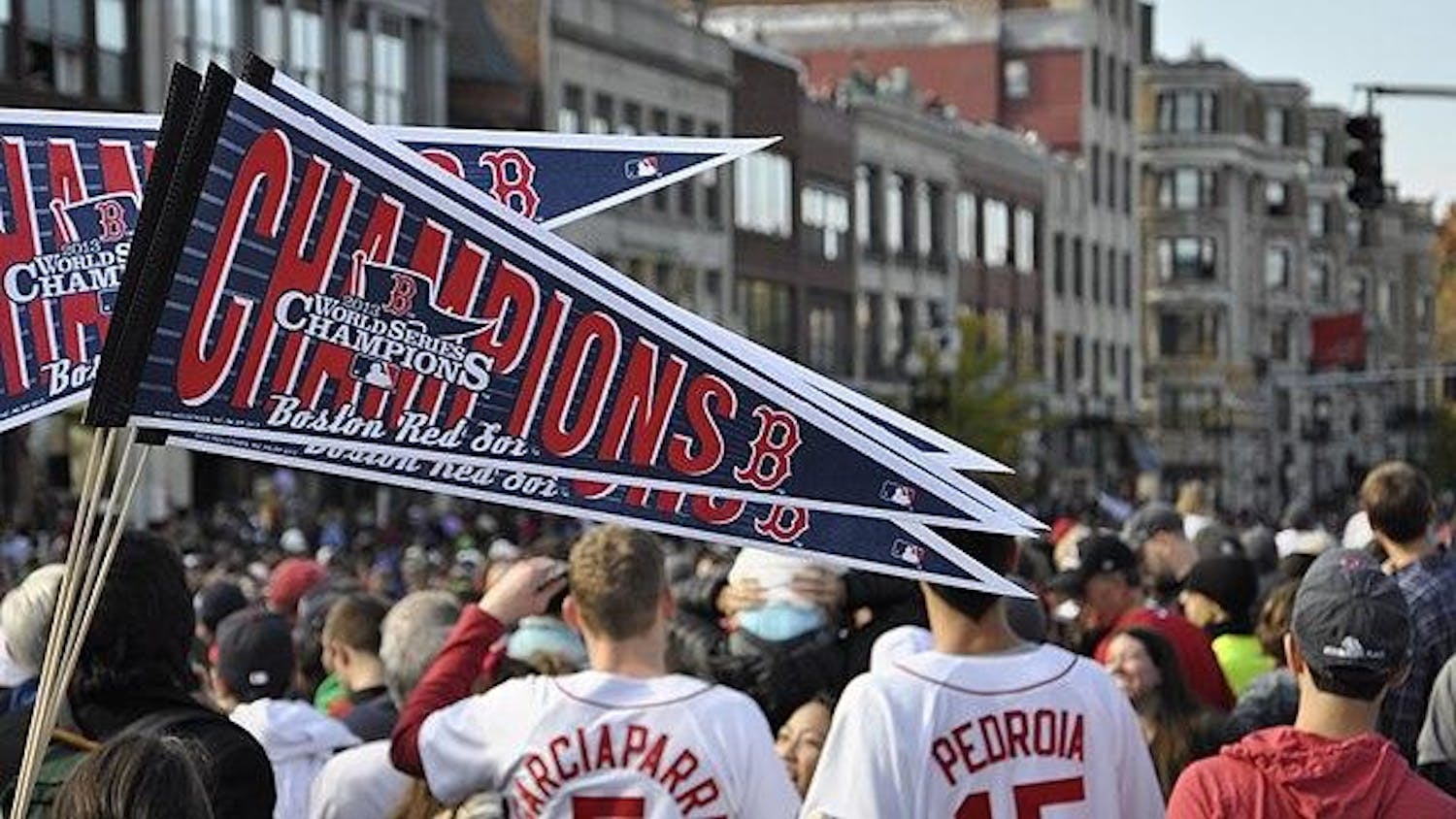Premier League devotees call it the best league in the world. Some of the most famous players play in England, after all, and its clubs dominate global television and merchandising markets. At the same time, its supporters bemoan the external investment that has driven the league to the same heights they celebrate.
It started in 2003, when Russian oligarch Roman Abramovich purchased Chelsea FC. Since then, foreign owners — most notoriously Sheikh Mansour, a royal prince of the UAE — have pumped millions of dollars into the league, raising their club’s prestige at the expense of league-wide parity.
Critics of this wave of foreign ownership say that it cleaves local fans from their teams on a community level: clubs’ matchday tickets maximize profits, rather than cater to their supporters’ financial realities. Fans are treated as cows to be milked rather than members of a footballing community.
Not so in Germany, which instituted a “50+1” rule in 1998. The clause states that, to play in the Bundesliga, a club must hold a majority of its own voting rights. It’s designed so that the club's members retain overall control of their team, protecting them from the influence of external investors.
For the 2019–20 season, the average cost for a standing-room-only Bundesliga season ticket — its cheapest kind — was 186.25 euros, or 10.96 a match. For the same year in England, the average price for a team’s cheapest season ticket was 590.97 euros, or 34.76 euros per match.
Part of this discrepancy is because many Premier League teams do not offer standing-only tickets, citing security concerns. The cheapest tickets in England are seated, which logically are more expensive. But this doesn’t explain the over 300% difference in average season ticket pricing.
The socialist-style ownership structure in Germany ensures that a team’s most real constituents — its fans — realize their interests. Commercial interests cannot gain control of a team’s policies, such as ticket pricing, which are often revenue-oriented, like in England.
RB Leipzig is one of the more prominent outliers. Up until 2009, RB Leipzig was a fifth-division club that existed on the fringes of German soccer. That changed when Austrian energy drink company Red Bull bought the club’s license and completely renovated the club.
The team’s successive promotions up the Bundesliga ladder were met with criticism from opposing fans time and time again. “[Bundesliga club] Dortmund makes money, but we do it in order to play football. Leipzig plays football in order to sell a product and a lifestyle,” Jan-Henrik Gruszecki, a 2016 protest organizer, told The Guardian.
Fans like Gruszecki condemn Leipzig because while it technically follows the 50+1 law, it deters entry to membership with prohibitively high entry costs, and it boasts only 17 voting members — most of which are Red Bull employees. In essence, a corporation owns the voting rights of the club, the very situation the 50+1 legislation was meant to prohibit.
Commercialism’s slow creep into German soccer is, for the time being, cornered in Leipzig. The staunch opposition to the club’s structure reflects the community-based structure of German soccer, which should be celebrated, if not encouraged, in the rest of the world.
More from The Tufts Daily
Super Bowl 60 Preview
By
Ben Lable
| February 2
Boston Bookcrawl: More Than Words
By
Emily Sullivan
| February 2
The greatest sports town in America, if not the world
By
Ben Lable
| January 30





